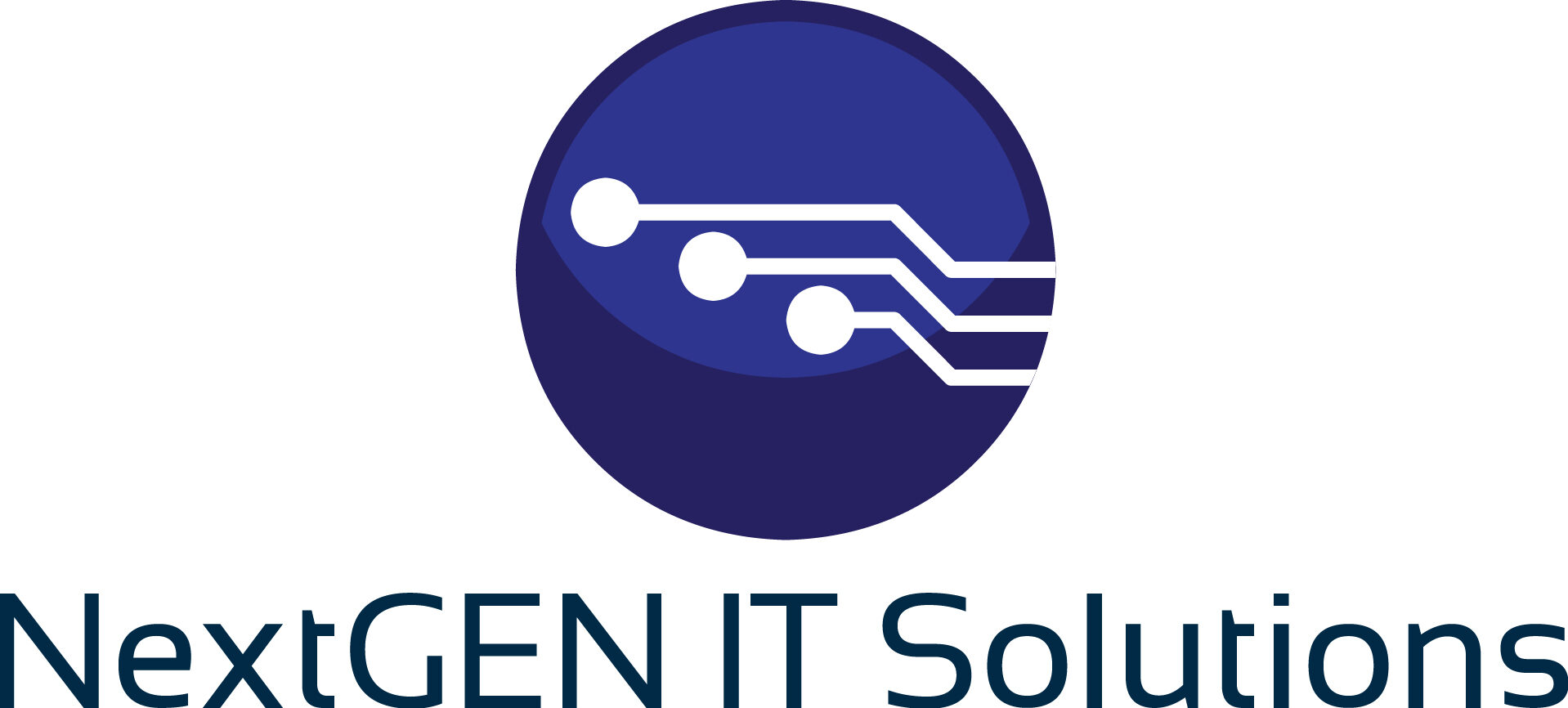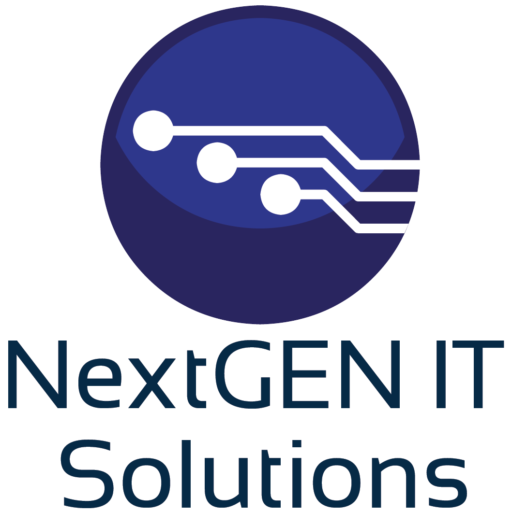MSP vs. In-House IT Teams: Comparative Analysis for Business

In the fast-paced world of technology, businesses face a critical decision: should they manage their IT needs in-house, or outsource them to a Managed Services Provider (MSP)? This question is more pertinent than ever as organizations strive to stay ahead in a digital landscape that is constantly evolving. In this comparative analysis, we will explore the pros and cons of MSPs versus in-house IT teams, helping businesses make an informed decision that aligns with their unique needs.
Understanding MSPs and In-House IT Teams
Before delving into the comparison, it is essential to understand what MSPs and in-house IT teams entail.
Managed Services Providers (MSPs)
MSPs are external organizations that handle the IT operations of other businesses. They offer a range of services including network, application, infrastructure, and security management, often remotely. MSPs are known for their scalability, offering services that can grow with the client’s business.
In-House IT Teams
An in-house IT team is composed of employees who are directly hired by the organization to manage its IT infrastructure. These teams work on-site and are deeply integrated into the company’s culture and daily operations.
Cost Implications
MSPs: Cost-Effective and Predictable Billing
MSPs are often seen as a cost-effective solution for businesses. They offer fixed monthly rates, which makes budgeting easier and eliminates the need for significant capital expenditures. Additionally, the cost of hiring and training IT staff is transferred to the MSP.
In-House IT: Higher Initial and Ongoing Costs
In-house IT teams, while offering more direct control, come with higher initial costs. These include recruitment, salaries, benefits, training, and infrastructure expenses. There are also ongoing costs such as upgrades, maintenance, and potential downtime expenses.
Expertise and Specialization
MSPs: Access to a Broad Range of Expertise
MSPs typically employ a team of experts with diverse skill sets and specializations. This means they can offer a wide range of services and solutions, staying current with the latest technologies and industry best practices.
In-House IT: Deep Understanding of the Business
While in-house teams may not have the same breadth of expertise, they often have a deeper understanding of the specific needs and challenges of their organization. This intimate knowledge can be crucial in tailoring IT solutions to the business’s unique requirements.
Scalability and Flexibility
MSPs: Easily Scalable Solutions
MSPs are designed to be scalable, offering services that can be easily adjusted to the changing needs of the business. This is particularly advantageous for businesses experiencing rapid growth or seasonal fluctuations.
In-House IT: Limited Scalability
In-house IT teams may struggle with scalability, especially in rapidly growing businesses. Expanding an in-house team often requires significant time and resources, which can be a limitation for fast-paced growth.
Response Time and Availability
MSPs: 24/7 Availability and Rapid Response
Most MSPs offer 24/7 monitoring and support, ensuring that any issues are addressed promptly, often before the client is even aware of them. This round-the-clock availability can be a significant advantage.
In-House IT: Limited to Business Hours
In-house teams are typically available only during business hours, which can lead to delayed responses to issues that occur outside of these times. While some companies may offer on-call services, this can lead to burnout and decreased employee satisfaction.
Security and Compliance
MSPs: Advanced Security Measures
MSPs often have access to advanced security tools and expertise, offering robust protection against cyber threats. They also stay up-to-date with compliance requirements, reducing the risk for businesses.
In-House IT: Tailored Security, but with Limitations
While in-house teams can tailor security measures closely to the business’s needs, they may lack the advanced tools and expertise of MSPs. Keeping up with the rapidly changing landscape of cybersecurity and compliance can be challenging.
Customization and Integration
MSPs: Standardized Solutions with Customization
MSPs typically offer standardized solutions that can be customized to some extent. However, the level of customization may be limited compared to an in-house approach.
In-House IT: High Level of Customization
In-house teams can offer highly customized solutions that are closely integrated with the business’s processes. This can be a significant advantage for companies with unique IT needs.
The decision between an MSP and an in-house IT team depends on various factors including cost, expertise, scalability, response time, security, and customization needs.
For businesses with limited budgets or those in need of specialized skills and scalability, an MSP can offer a cost-effective and flexible solution. Conversely, organizations requiring deep integration of IT with business processes, or those with specific customization needs, might find an in-house team more suitable.
Ultimately, the choice between MSPs and in-house IT teams should be guided by the specific needs, size, and growth trajectory of the business. It’s not uncommon for businesses to adopt a hybrid approach, leveraging the strengths of both models to achieve their IT goals. By carefully considering their unique requirements and the comparative advantages of each option, businesses can make a strategic decision that best supports their long-term success in the digital world.




